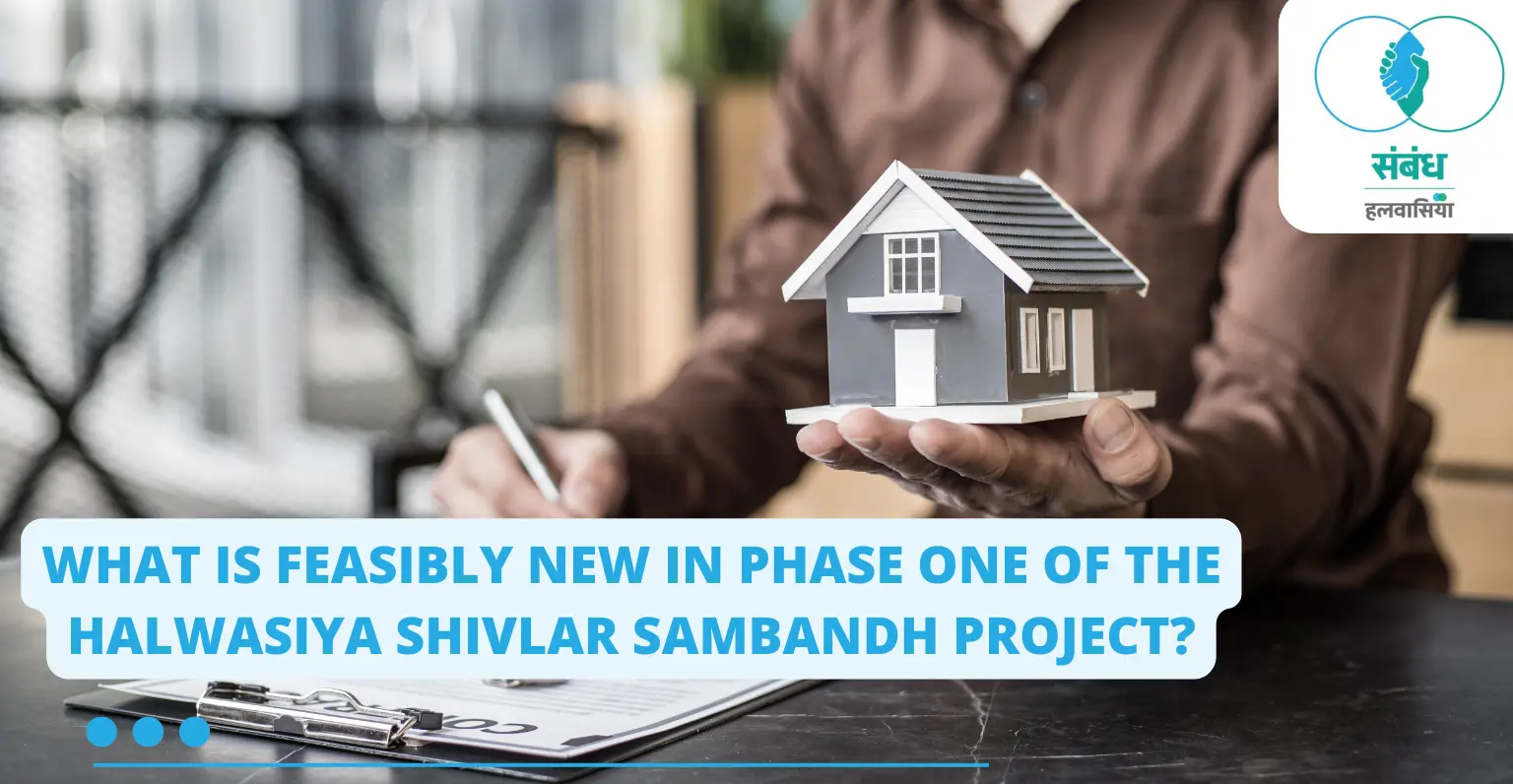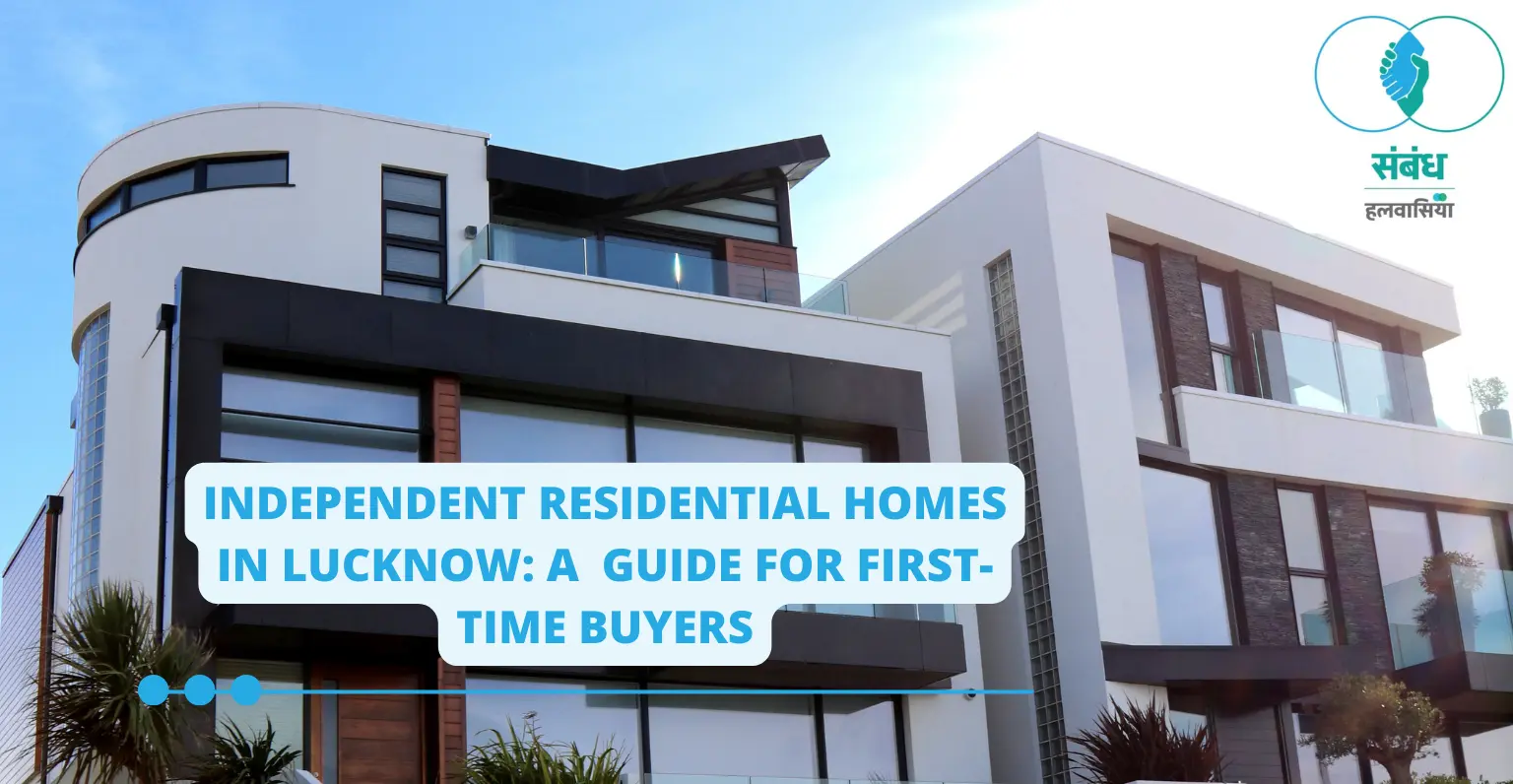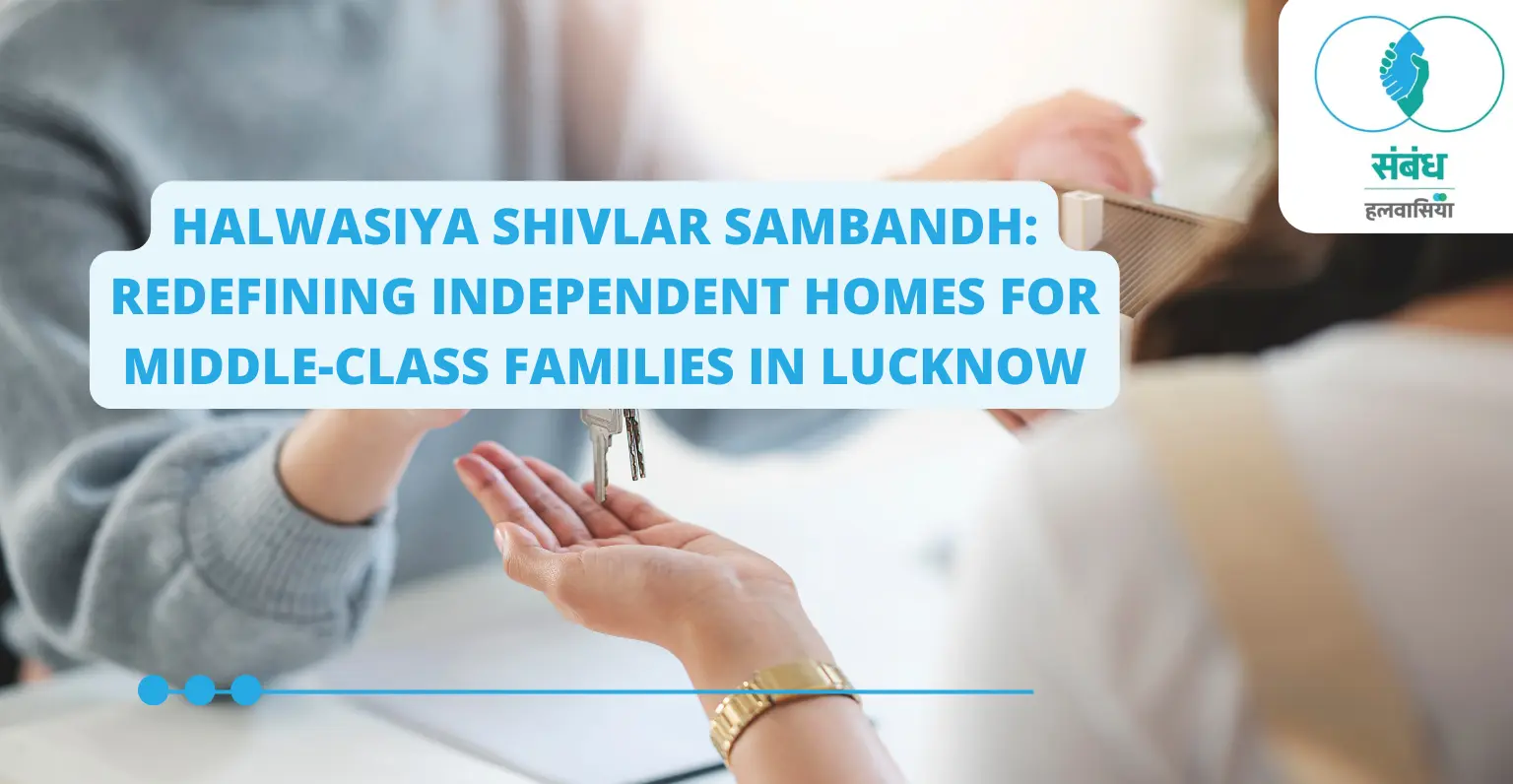What is the best time to buy a house in India?

18 april
What is the best time to buy a house in India?
Buying a house is one of the most significant financial decisions one can make, especially in a diverse and dynamic market like India. In India, with fluctuating prices, interest rates, and economic conditions, timing your purchase can make a significant and huge difference. In this blog, we will explore what could be the best times to buy a house in India and the factors that influence these decisions.
Understanding the Market Cycle
Real estate operates in circular cycles, much like any other market in the world. Apparently, these cycles can be divided into four phases: recovery, expansion, hyper supply, and recession. By understanding where the market stands, it can help you make an informed decision.
Recovery Phase: Recovery phase occurs after a recession when prices begin to stabilize. Buyers can find good deals at this time, but the selection might be limited for the buyer.
Expansion Phase: In the expansion phase, demand increases, and prices start to rise. It is generally a good time to buy a home if you are looking for long-term investment, but being prepared for higher prices is a wise choice.
Hyper Supply Phase: High Supply phase is characterized by an oversupply of properties, leading to price drops in the homes. It is often the best time to buy, as you can negotiate better deals with the dealers and homeowners.
Recession Phase: During a recession, property prices may decline substantially. However, this can also lead to uncertainty, making it essential to evaluate your financial stability before buying any home.
Key Factors Influencing the Best Time to Buy Home
Economic Indicators: It is very important to keep an eye on the GDP growth rate, employment rates, and inflation that are affecting the economy. A robust economy generally leads to higher property prices, while economic downturns can offer more affordable options for buying a home.
Interest Rates: Another is the home loan interest rates that play a crucial role in determining the overall cost of buying a house. Lower interest rates can significantly reduce your monthly payments and give you a high difference. Remember to monitor the Reserve Bank of India's (RBI) policies, as it keeps changing in the repo rate can influence lending rates.
Festive Seasons: In India, few festivals like Diwali, Dussehra, and Ugadi often witness a surge in property sales compared to that of the other seasons. The builders and developers usually offer discounts during this time, making it an attractive time for buyers to buy a house. Additionally, according to the customs and traditions, many buyers feel that purchasing a home during these auspicious times brings good fortune.
Government Policies: Many government initiatives such as the Pradhan Mantri Awas Yojana (PMAY) and tax benefits for first-time homebuyers can enhance the affordability of home buying. But it is very important to keep your eyes and stay updated on government schemes that might benefit you and your future investment.
Market Sentiment: The local market sentiment can greatly influence your decision. Attending property exhibitions, talking to real estate agents, and following news articles to gauge the mood of the market, which can eventually help you in your investment and can give you better returns.
Seasonal Trends
Winter season (November to February): Winter season from November to February is often considered a good time to buy a house in India. There are not many buyers but fewer buyers in the market, so sellers may be more willing to negotiate on a price that is in your favor. Additionally, the pleasant weather can make property viewing easier as compared to the scorching heat during summers.
Summer Season (March to June): The summer months from March to June are usually hot with scorching heat when no one wants to come out and may not be the most comfortable for house-hunting. However, this time, it can also offer some great deals as sellers look to close transactions before the monsoon season arrives.
Monsoon Season (July to October): Meanwhile, the monsoon from July to October can lead to a decrease in property viewings. It is also a time when many developers want to clear their inventory. This can lead to significant discounts if not huge, making it a potential buying opportunity.
Financial Preparedness
Regardless of the market conditions of what the market is going through, being financially prepared is essential for every home buyer. Here are some tips:
Credit Score: Make sure your credit score is healthy, as a good credit score can help you secure lower interest rates on home loans while buying a home.
Down Payment: Always aim for a substantial down payment to reduce your loan amount and monthly installments so you do not have to spend more of your precious money.
Pre-Approved Loans: Consider getting a pre-approved home loan to understand your budget and financial strength to strengthen your bargaining position.
Why Halwasiya Shivlar Sambandh?
Buying an independent home at Halwasiya Shivlar Sambandh offers you spacious living and customizable designs for your lifestyle, allowing you to create a personalized space that reflects your style. With expandable options, top-notch amenities like 24/7 security guards and parks, and excellent connectivity to major cities, it is an ideal choice for people looking for family homes. Plus, as a trusted brand, Halwasiya and Sons ensures quality and legal compliance, making your investment secure and worthwhile investing at the Halwasiya Shivlar Sambandh.
Conclusion
The best time to buy a house in India ultimately depends on various factors, including your financial readiness, market conditions, and personal circumstances. While external factors like economic indicators and interest rates play a crucial role, your unique situation is equally important.
Conduct thorough research, stay informed about market trends, and consult with real estate experts. By doing so, you can make a well-informed decision that aligns with your financial goals and lifestyle preferences. Remember, purchasing a home is not just a transaction; It's an investment in your future. Happy house hunting!





